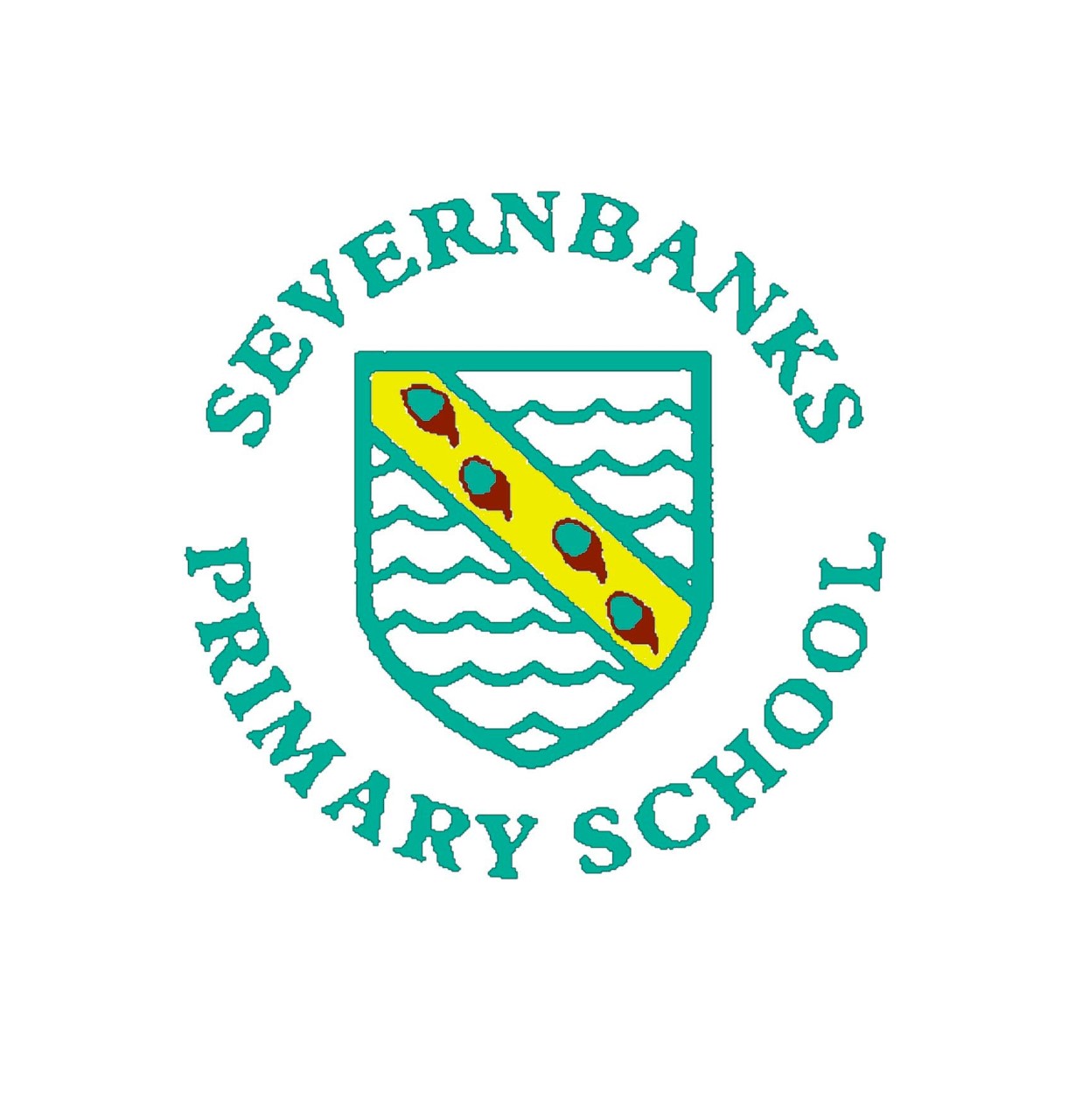ELSA
What is ELSA Intervention?
An ELSA in a school is an Emotional Literacy Support Assistant. They complete a recognised training course and come with a wealth of experience of working with children and young people. At Severnbanks, three of our teaching assistants are trained as an ELSA.
ELSAs are warm, kind and caring people who want to make children and young people feel happy in school. and to reach their potential socially, emotionally and academically. They understand the barriers to learning that some children and young people might have and can help them with this.
They can support the children and young person’s emotional development and help them cope with life’s challenges. ELSAs will also help children and young people to find solutions to problems they might have.
An ELSA is not there to fix problems but to help them find their own solutions and offer that important support to a child or young person.
Relationships are key in helping children and young people to feel safe and nurtured. ELSA is about creating a reflective space for the child or young person.
What areas does an ELSA help with?
- Loss and bereavement
- Emotional Literacy
- Self-esteem
- Social Skills
- Friendship issues
- Relationships
- Managing strong feelings
- Anxiety and worries
- Bullying
- Conflict
- Emotional Regulation
- Growth Mindset
- Social and therapeutic stories
- Problem solving
A typical ELSA lesson
There would be a welcome for the child or young person along with an emotional check in. How do they feel today?
A warm up or icebreaker game or activity would be played. This part is important because it helps the child to feel relaxed and it’s fun!
The main activity would follow where the ELSA would be teaching something to help the pupil with their target. The ELSA would also review what was learnt last time to see if the child or young person has remembered and if they used the skill taught.
There would be a relaxation exercise to help the child or young person be ready for class and a quick review on what the child or young person has learnt that session. At this point the ELSA may ask the child or young person to do something for next time. eg. practise star breathing when feeling angry.
Courtesy of https://www.elsa-support.co.uk/
